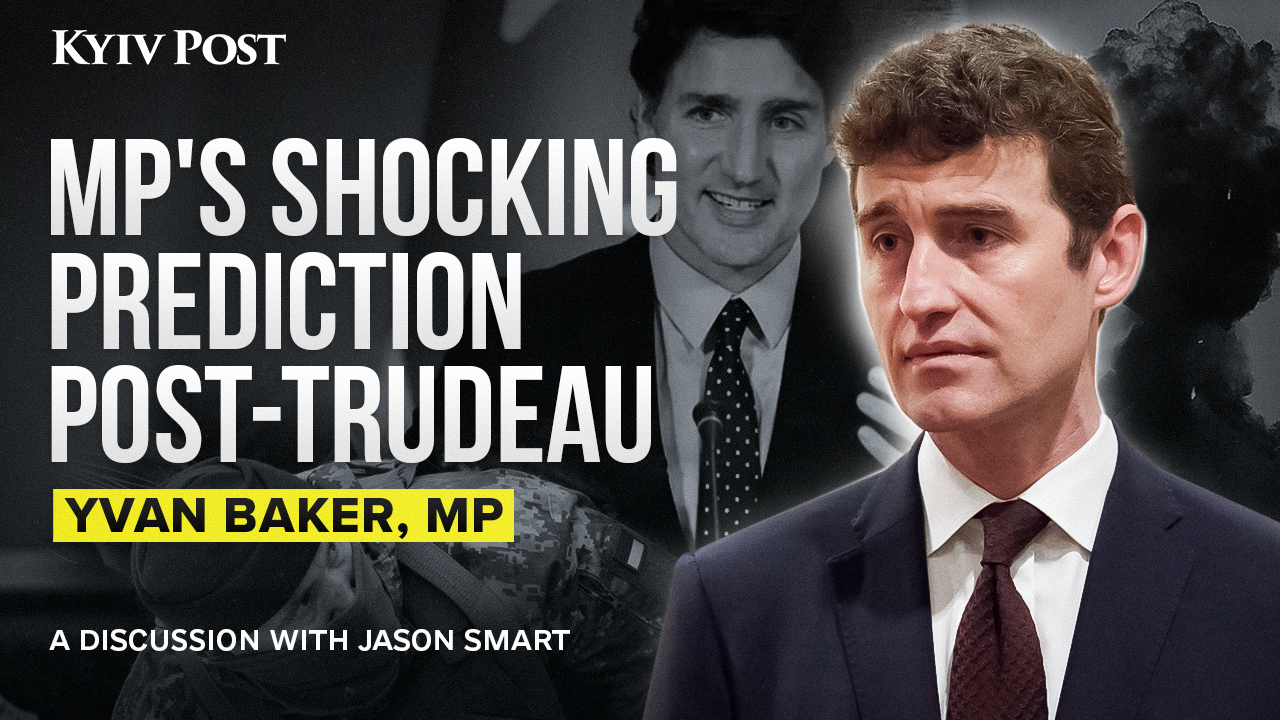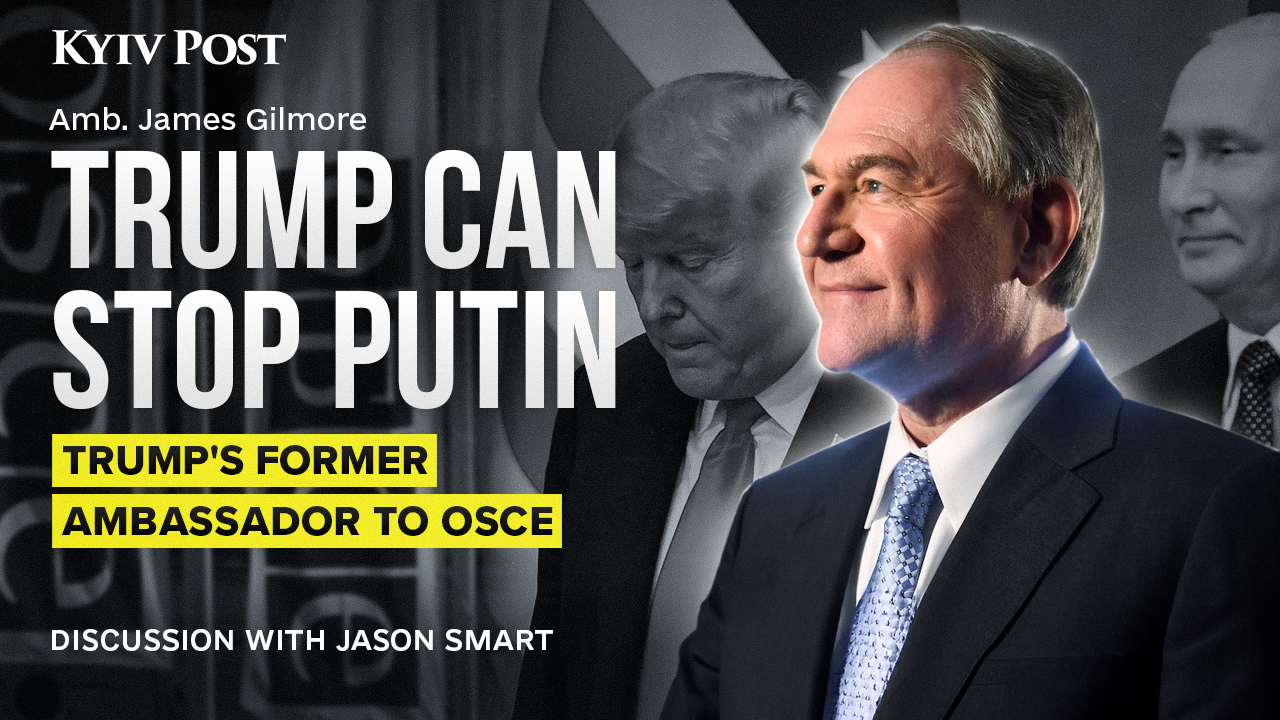At the opening of the NATO summit in Washington on Tuesday, US President Joe Biden announced a major package of often-requested air defenses for Ukraine, even as members were distracted by US Democratic Party worries that he is no longer capable of beating Donald Trump in November’s elections.
The arms deliveries will include four new US-made Patriot air defense systems. In a joint agreement between the US, Germany and Romania, Ukraine will receive even more Patriot batteries, and yet another promised by the Netherlands.
JOIN US ON TELEGRAM
Follow our coverage of the war on the @Kyivpost_official.
“All told, Ukraine will receive hundreds of additional interceptors over the next year, helping protect Ukrainian cities against Russian missiles and Ukrainian troops facing their attacks on the front lines,” Biden said.
“Before this war, Putin thought NATO would break,” the embattled US president continued, in deliberately forceful tones, punctuated by ovations from members. “Today, NATO is stronger than it’s ever been in its history. When this senseless war began, Ukraine was a free country. Today it’s still a free country and the war will end with Ukraine remaining a free and independent country.”
“Russia will not prevail. Ukraine will prevail.”
In this highly celebrated 75th-anniversary edition of the NATO summit, representatives were reportedly eager to see Biden deliver a strong performance as the 81-year-old patriarch of the leading member of the Alliance. In the two weeks leading up to the summit, Biden has been harshly criticized at home for his embarrassing performance at a June 27 debate with Trump. A growing number of voices in his own party, notably the Democratic leader of the Armed Forces Committee, Adam Smith, have called for him to step aside.

Wagner Soldiers ‘Are Just Children’ Compared to North Korean Troops – Ukrainian Commander
NATO members in Europe, AFP reported, have been nervously eying a potential return to the White House by Trump, who has regularly called out Europe for allegedly not pulling their weight in the defense of Ukraine.
However, as the summit unfolded, Trump tried to position himself as a champion of the Alliance.
In a post on his Truth Social network, Trump said he had “made NATO viable again” by forcing European countries to spend more on their own defenses.
“If it weren’t for me as President, there probably would be no NATO by now,” Trump wrote.
Meanwhile, upon his arrival for the summit in Washington, President Volodymyr Zelensky asked for “decisive actions from the US and Europe, actions that will strengthen our warriors.”
Zelensky is slated to meet one-on-one with Biden on Wednesday.
In my address at the Ronald Reagan Institute I expressed my gratitude to the United States for their firm position in defending freedom and supporting Ukraine. It is crucial to win now, to prevail over the Russian war and terror. pic.twitter.com/B4oJQFZxbW
— Volodymyr Zelenskyy / Володимир Зеленський (@ZelenskyyUa) July 10, 2024
UN hears accounts of Russia’s attack on Kyiv Children’s Hospital
At Ukraine’s request, the UN Security Council heard accounts of Russia’s attack on Tuesday over a missile strike the previous day that smashed into Kyiv’s Ohmatdyt Children’s Hospital. In all, Moscow’s air assaults on cities across Ukraine killed some 40 civilians, including children.
Earlier Tuesday in Geneva, Danielle Bell, chief of UN human rights monitoring in Ukraine, said the hospital likely was struck by a Russian Kh-101 cruise missile.
Analyses of video of the missile, as it flew its endgame profile against its hospital target, and fragments from the warhead-rocket motor body have confirmed the weapon’s identity and origin following these initial reports.
Eyewitnesses called before the UN gave their accounts of events, including cardiac surgeon and anesthesiologist Dr. Volodymyr Zhovnir.
“The ground shook and the walls trembled. Both children and adults screamed and cried from fear, and the wounded from pain,” he told the Security Council in video from Kyiv. “It was a real hell.”
‘If this had been a Russian strike, there would have been nothing left of the building… all the children and most of the adults would have been killed, and not wounded.’
In a grotesque twist of fate, the emergency Security Council meeting was chaired by the Kremlin’s own ambassador, leading to tense exchanges between Moscow’s Vassily Nebenzia and Kyiv’s Sergiy Kyslytsya, whose country does not occupy a seat on the 15-member council.
Kyslytsya showed the Security Council photos of the trajectory of Russia’s missiles and fragments that rained down on Kyiv on Monday morning, and a map of what he asserted was a missile’s path from Russian territory and, via a sharp turn, to the children’s hospital.
“Yesterday, Russia deliberately targeted perhaps the most vulnerable and defenseless group in any society: children with cancer and other life-threatening illnesses,” Kyslytsya said.
Said Nebenzia, without a shred of irony, “If this had been a Russian strike, there would have been nothing left of the building... all the children and most of the adults would have been killed, and not wounded.”
“In accordance with the traditions of the council presidency, and purely as the president of the council,” Nebenzia said, “I am compelled to thank Ukraine for their statement.”
Citizen Nebenzia, you are not a legitimate president of the Security Council, and I will never address you as one. You are sitting on the seat that Russia invaded illegally, and the only proper seat for you before you end up in hell bypassing purgatory is in the dock.
— Sergiy Kyslytsya 🇺🇦 (@SergiyKyslytsya) July 9, 2024
And as… pic.twitter.com/OPAFAUVvtv
One country remains “obstinate” in shirking NATO responsibilities, members say
Politico magazine on Tuesday shed light on one of the underlying tensions at the NATO summit in Washington in an article titled, NATO is losing patience with one of its own members — and it’s not who you think.
“Hungary?” some might guess. “The United States?”
Instead, the culprit is, believe it or not, Canada.
Apparently, the Great White North has become the big white elephant in the Walter E. Washington Convention Center room.
“Over the past several years, Ottawa has become an outlier among the 32-member alliance,” Politico’s Paul McCleary wrote. “It has failed to hit domestic military spending goals, has fallen short on benchmarks to fund new equipment and has no plans to get there.”
The magazine reported that US senators told Prime Minister Justin Trudeau they were “concerned and profoundly disappointed.”
“What’s happening now that everyone is spending more, the fact that the Canadians aren’t even trying has become obvious,” Politico quoted Max Bergmann, a former State Department arms control official, as saying.
Both Belgium and Canada have failed to meet the two-percent GDP threshold for military spending guidelines for members, 20 percent of which is supposed to be spent on new equipment and ammunition. Belgium has pledged to reach that mark by 2035.
Canada has made no indication of if and when it would comply.
Landed in D.C. for the 2024 @NATO Summit.
— Justin Trudeau (@JustinTrudeau) July 8, 2024
It was here, 75 years ago, that the strongest military alliance in the world was created by Canada and 11 of our closest allies.
Today, we’re 32 member nations strong, and more united than ever. pic.twitter.com/FI8HOznmWx
You can also highlight the text and press Ctrl + Enter








